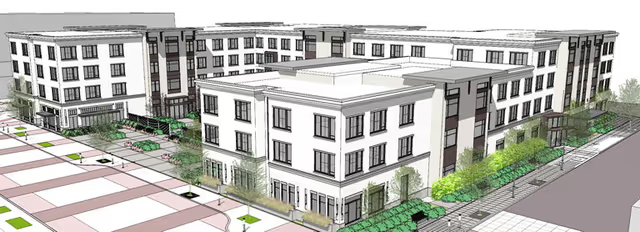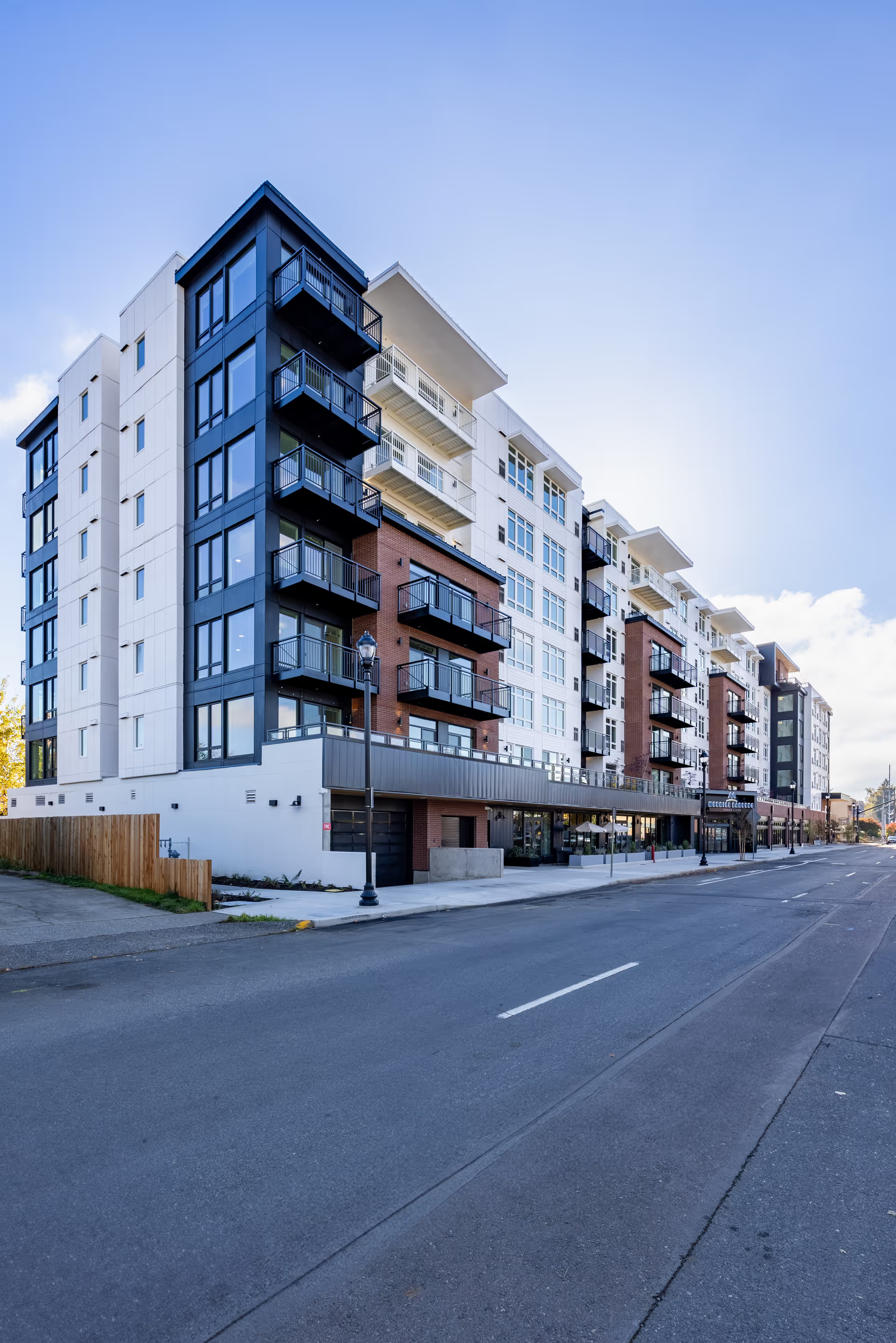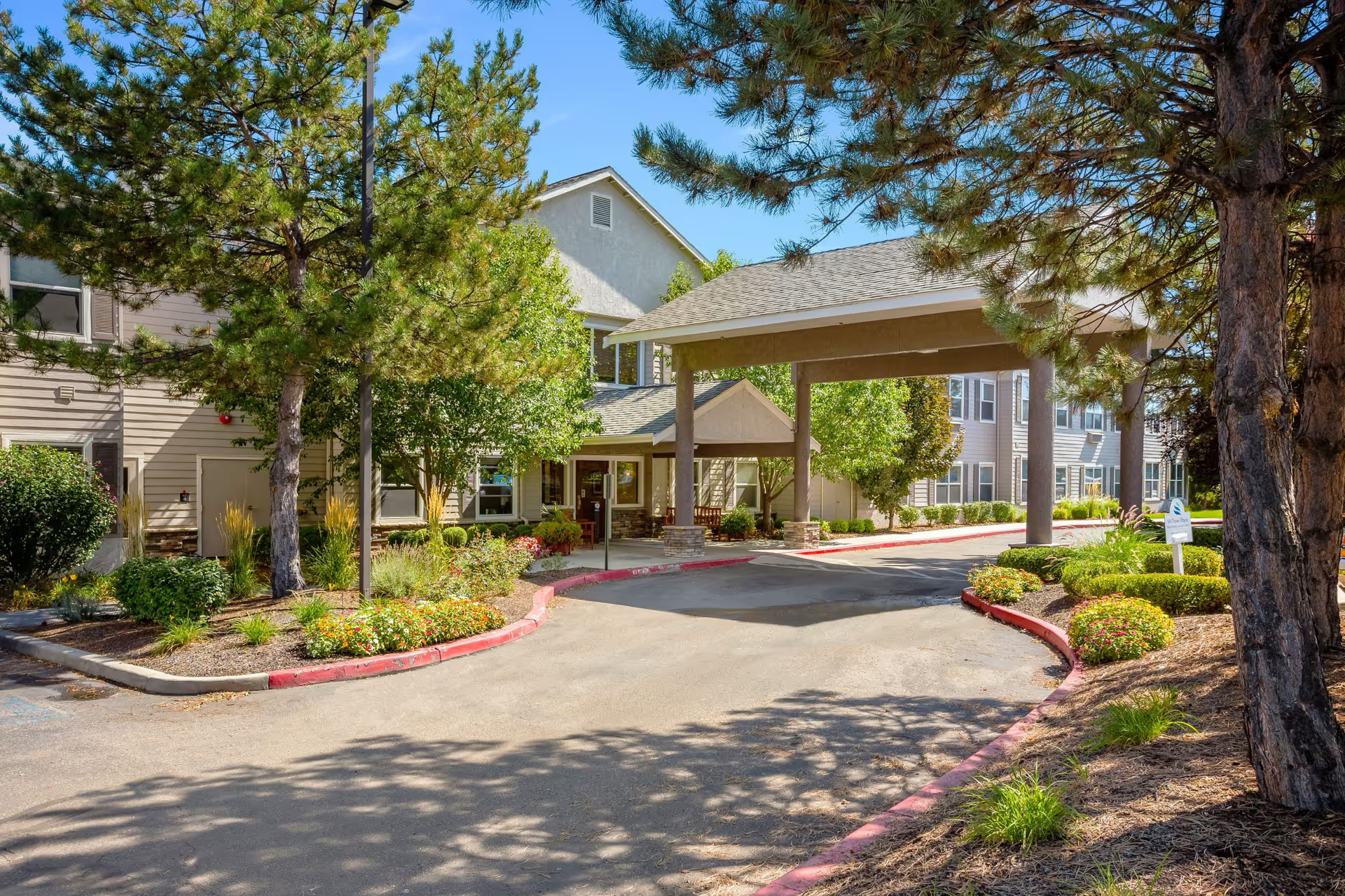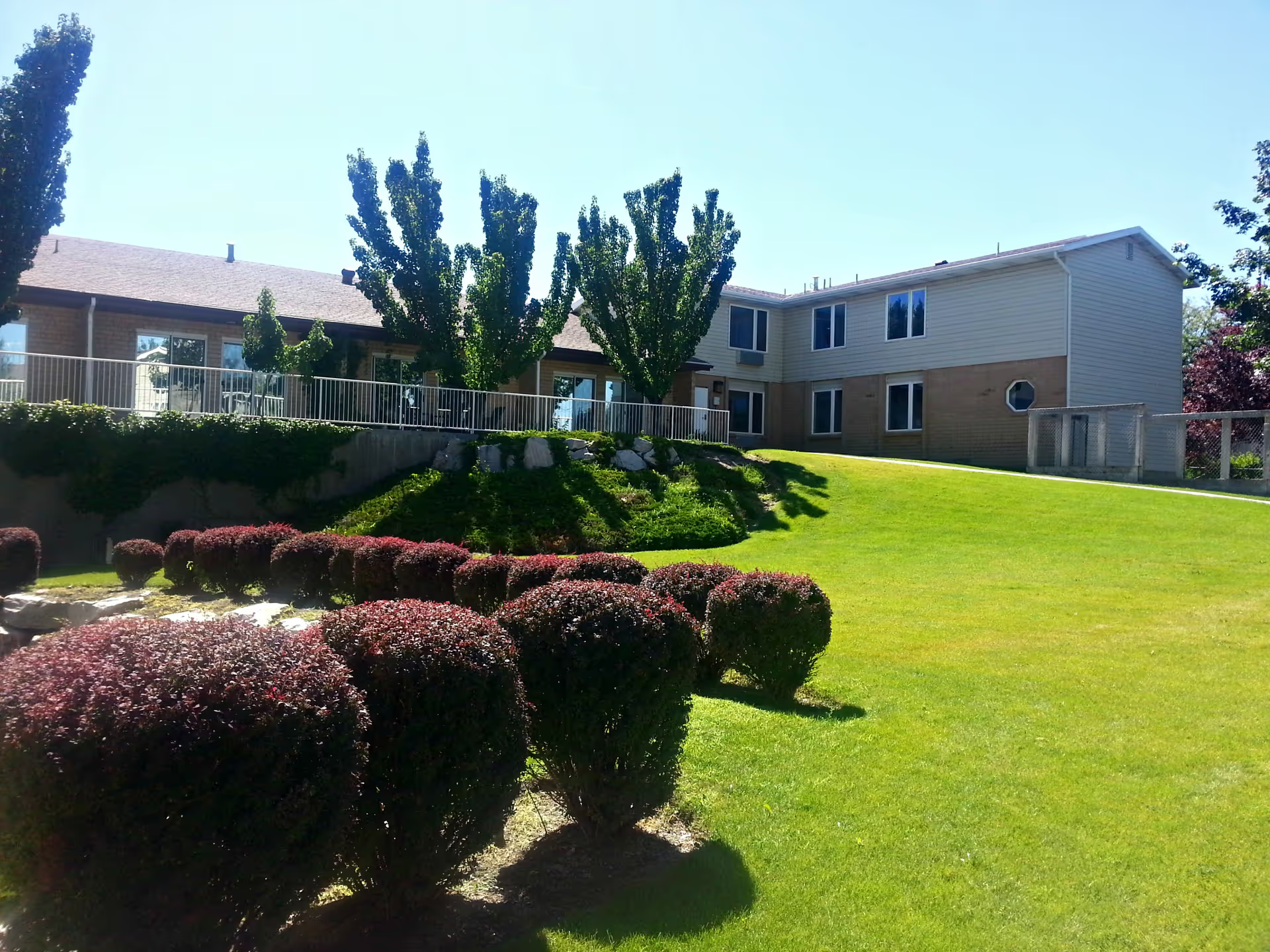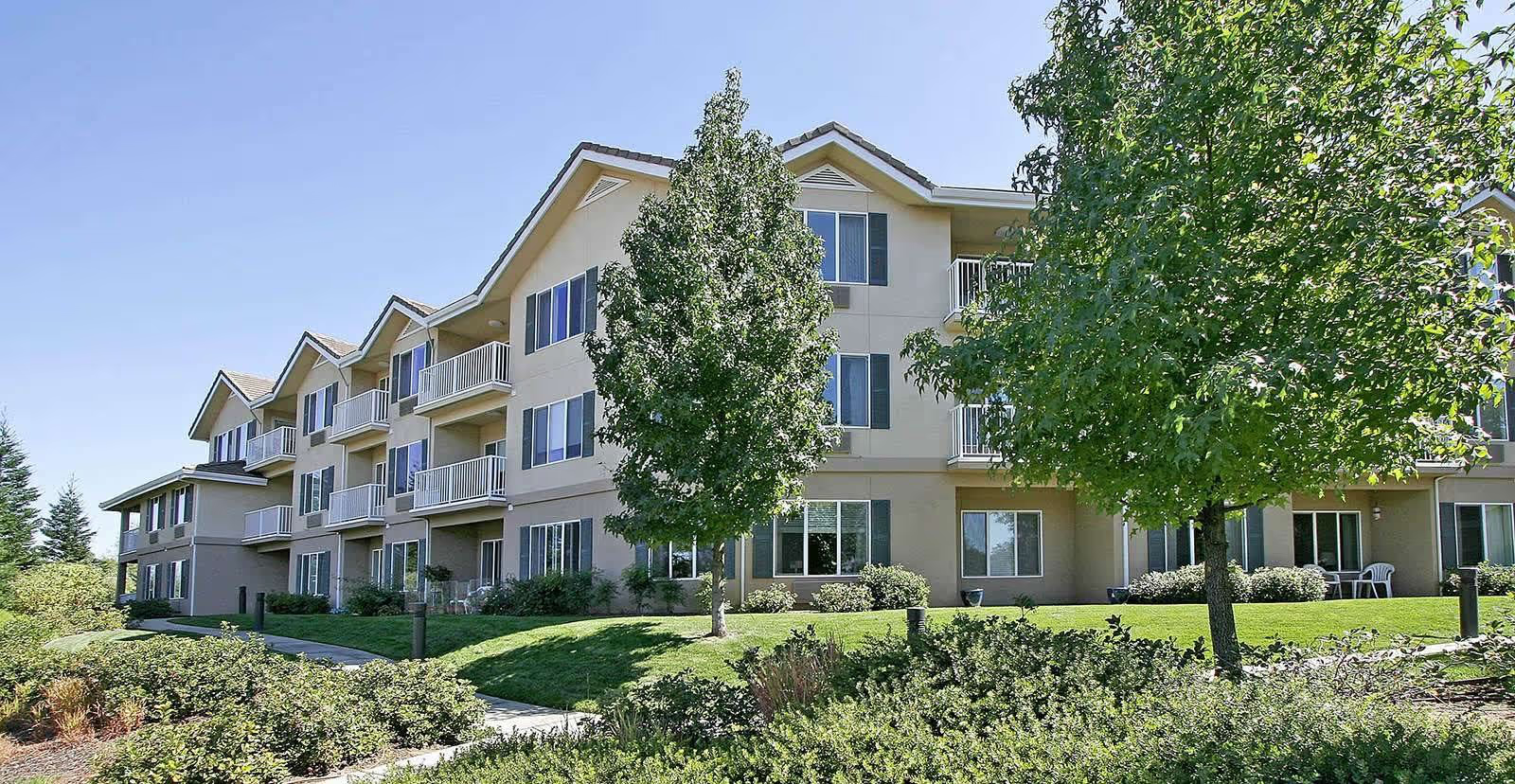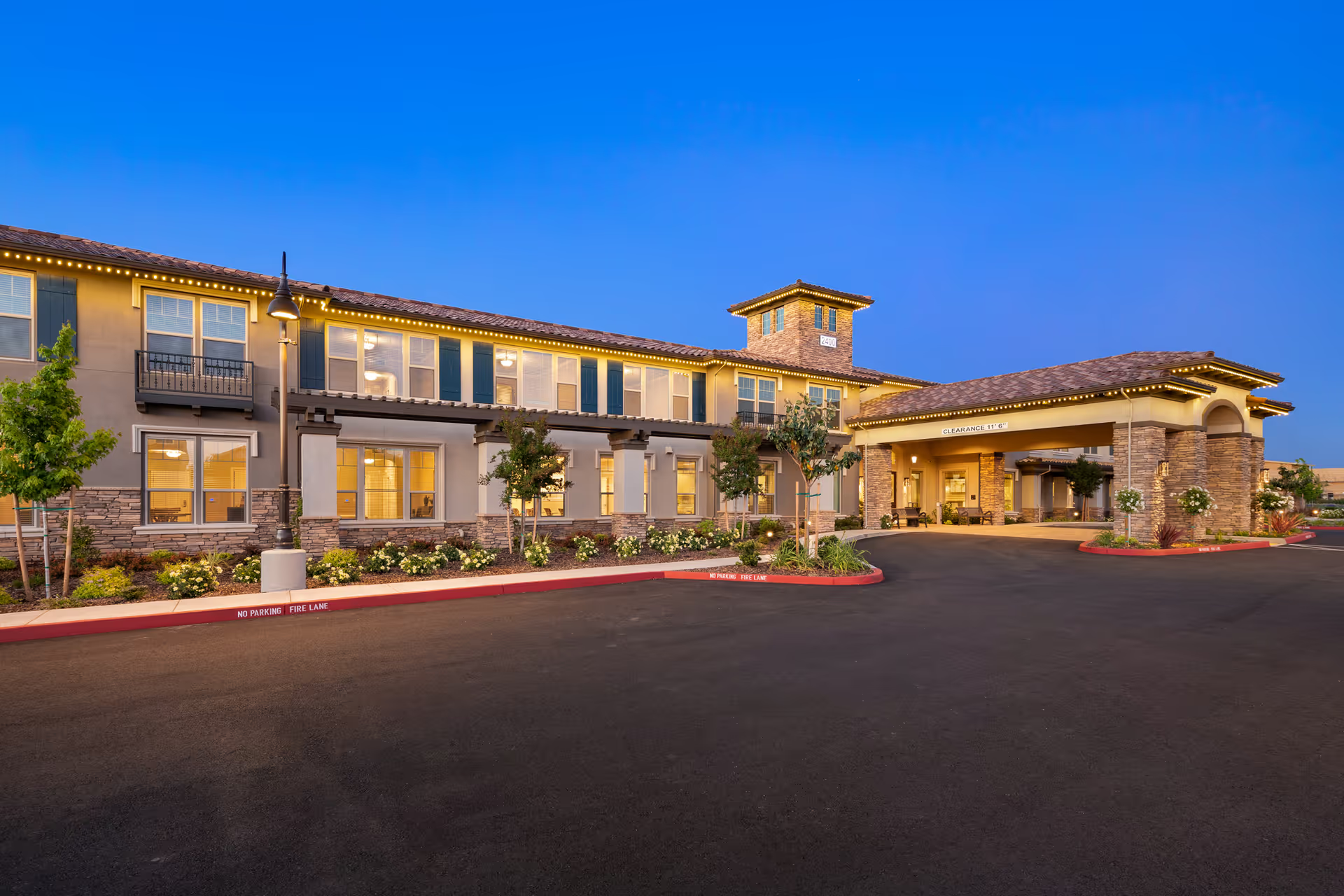Overall sentiment across the reviews for Royal Columbian is highly mixed and deeply polarized. Many reviewers praise individual caregivers, activity staff, and certain managers for compassionate, attentive, and even outstanding care. These positive reports highlight strong social programming (bingo, live music, trips, holiday celebrations), moments of genuine connection between staff and residents, and instances where families felt relieved and confident that their loved ones were well looked after. Several reviews specifically call out reliable, punctual caregivers, an effective activities coordinator, and a helpful new doctor, indicating there are pockets of very good practice and staff who exceed expectations.
However, an equally large and vocal portion of reviews details serious and recurring problems that suggest systemic issues. Cleanliness is a frequent complaint: reviewers describe filthy rooms, stained carpets, dirty floors, and soiled linens. Maintenance problems are common, including peeling or broken kitchen floors, shredding rugs, and broken window blinds. Broken elevators and mobility hazards are repeatedly mentioned; these have direct safety consequences when residents in wheelchairs are stuck or unable to descend during alarms. Safety and environmental concerns extend to reports of smoke in rooms despite a smoke-free policy and frequent fire-alarm activations with exit routes obstructed by walkers and other items.
Care quality is another major area of divergence. Numerous families report warm, responsive care and attentive nursing/caregiver behavior, but an alarming number of reviews recount missed medications, medication-dispensing concerns, and even medications not given for multiple days. Several accounts tie these lapses to hospital readmissions or emergency room visits. Staffing patterns appear to be a core driver: high turnover, understaffing, and limited RN coverage (notably no RN seven days a week in several reports) create inconsistency in care. Reviewers describe overworked caregivers, insufficient supervision, and situations where only a med tech or a single staff member was on duty, which contributes to missed care, slow responses to call bells, and inadequate handling of emergencies (including choking and falls).
Dining and nutrition appear inconsistent across experiences. Positive comments praise pleasing meals and varied options, yet many reviews describe late breakfasts, cold or soggy meals, meals skipped for residents, skimpy sandwiches, and raw or undercooked meats. Complaints about a repetitive weekly menu and poor food handling practices suggest kitchen staffing and oversight problems. Service issues like trays arriving late on flimsy plates and missing dinners for multiple evenings are recurring themes that affect resident wellbeing.
Management and communication are another area of sharp contrast. Some families commend accessible, responsive leadership and managers who take action; others describe unresponsive executives, rude business office staff, billing errors (including unauthorized extra charges and overdrafts), and management that either avoids responsibility or suggests moving residents rather than resolving underlying issues. Several reviewers report poor or nonexistent communication—no regular leadership updates, difficulty reaching the executive director, and an inattentive front desk. These organizational weaknesses exacerbate family distress when clinical or operational problems arise and have led to formal complaints and state involvement in a few cases.
Activity programming is one of the clearer strengths cited: consistent praise for bingo, music programs, social events, and trips indicates a lively social environment for many residents. Activity staff repeatedly earn positive marks for engagement and meaningful programming. This contrast—strong activities versus variable clinical and operational care—highlights the facility's uneven performance across departments.
Common patterns emerge from the reviews: variability by unit or time period (some families report excellent care for extended periods while others report acute lapses), the central role of staffing stability in determining resident experience, and a gulf between front-line caregiver performance (often praised) and higher-level management or systems (often criticized). Families should note the repeated themes of missed medications, food and hygiene concerns, elevator and safety risks, and problematic communication and billing practices. At the same time, reports of genuinely caring staff and active, engaging programming suggest that individuals and teams within the facility can and do provide high-quality care.
In summary, Royal Columbian presents a mixed picture: it can deliver compassionate, activity-rich, and even excellent personal care in many cases, but recurring operational, staffing, safety, and management failures create serious risks and distress for other residents and families. The most frequently cited strengths are the personal commitment of many caregivers and the quality of activity programming. The most significant concerns are inconsistent clinical oversight (medication errors and RN coverage), cleanliness and maintenance failures, dining issues, broken elevators and safety hazards, and inconsistent or defensive management responses. These contrasts produce widely divergent family experiences and suggest that prospective families should closely evaluate clinical staffing, medication management processes, cleanliness, emergency/elevator safety, and billing practices during any tour or intake process.
